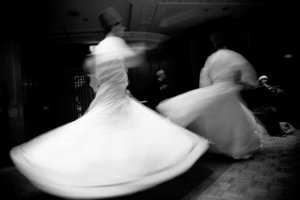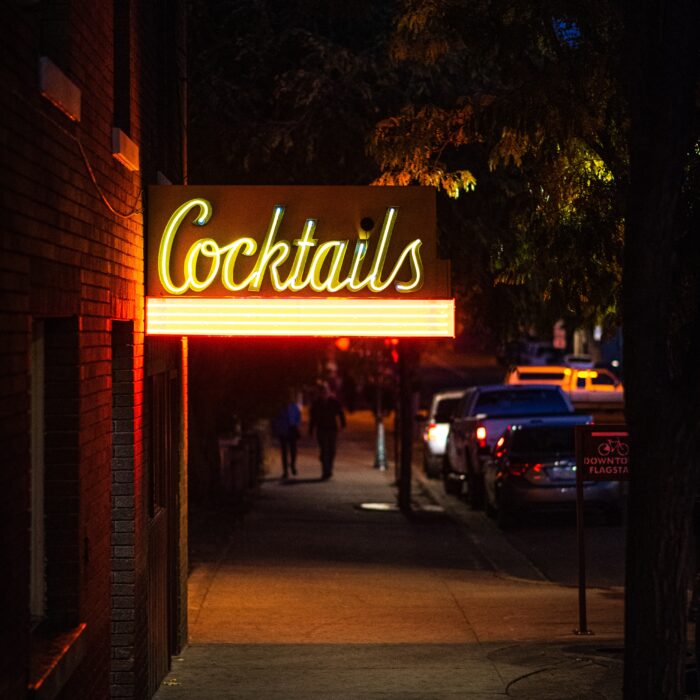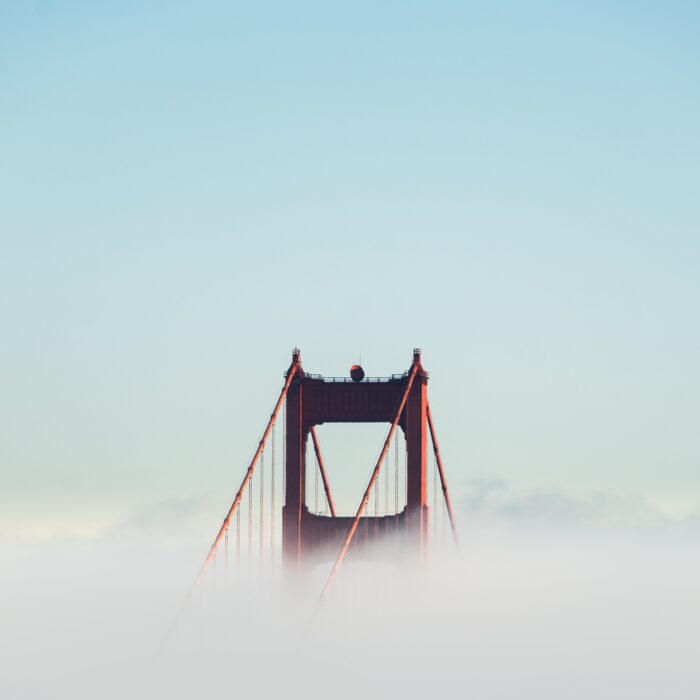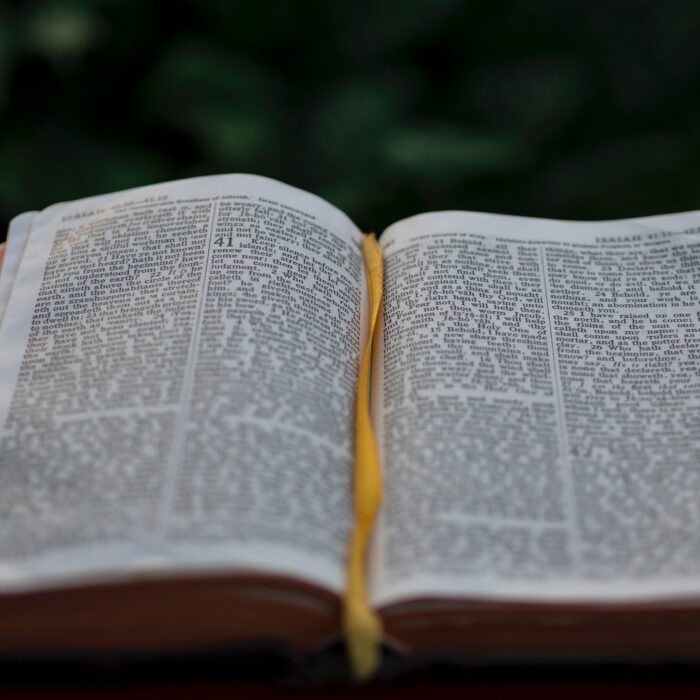You have no items in your cart. Want to get some nice things?
Go shopping
I am a rare bird. Almost extinct. There is no one to follow me and inherit my beliefs and practice. There seems no one anymore who wants to experience the world in an ecstatic way. Well, there are those who want but they are afraid. They are afraid of punishment, because we, dervishes, are not welcome everywhere. Unfortunately, our beliefs and practices are misinterpreted by those who don’t like us.
I was born in Kuccukoy village near Konya, the big city in central Turkey. All my ancestors were dervishes and I became one. But when I was ten my whole family and a few other families from our village moved to Tehran. I missed Kuccukoy but tried to get used to the newness of the big city. It was huge like a big giant and it swarmed with people like bees. I got used to it and all the challenges it brought. We had great times in this warm giant that often boiled with heat and crowd. But since we were dervishes, the unusual rarity that didn’t comply with the general rules and religious practices, we were rejected by society and we stuck to our own kind, our own group of dervishes. So there were hard times as well.
My father and grandfather taught me to become aware of the overpowering beauty of the world that filled the heart with love and opened the mind to cosmic dimensions. They also taught me how to perform Mevlevi Sema, the whirling dance that brings ecstatic joy and pride in all of us, rare species at the risk of extinction.
We would begin our Sema reciting the Noble Eulogy and praising the Prophet Mohammed. The ney solo then followed filling the air with the nostalgic suspense and pleasure of just being present in the moment. When the ney solo ended, the whirling would begin. We dervishes would remove our cloaks and free ourselves of worldly affairs. Then we would start spinning into the heavenly realm. My grandpa was the one in charge of directing us. He was the post-nisin. He recited the prayer and his voice led Mevlevi Sema. All other dervishes would form a circle, our solar system, so precious and sacred. My grandpa as the post-nisin was our sun, and the rest of us were his moon and planets, and those were honorable titles worth of respect. And we would use our skills to show that we respected what we represented. We were humbled by what we symbolized in Mevlevi Sema. And we did our best to let our bodies whirl perfectly, since we were the ones who witnessed God everywhere. We made efforts to get rid of the insatiable desires of the ego and we held our arms out to the side striving to reach ultimate perfection. At the end of Sema, my grandpa or some other post-nisin would read paragraphs from Qur’an and pray.
It was an eminent task to become a dervish and only those who were excellent during the religious and spiritual trainings became the ones honored to perform Sema. And we who became dervishes followed our spiritual journey, the path of the perfect man. And through that journey, we learned a lot about loyalty, love, service, solitude and God.
My grandfather told me once that soon there would be no more real dervishes, who truly believed and followed Sufism, and thought that all people were equal in the sight of God. My grandpa told me that some powerful people would push us to abandon what we truly believed in, and when they succeed in their aim to ruin us, they would start selling our traditional whirling dance to the curious eyes of tourists as something prolific and money-making, something commercial, entertaining and fake. It would be the forgery of our real beliefs and tradition. And he was right. That really happened in most of Turkey.
Iran was even more bitter, very harsh and cruel to us. And when we were obliged to stay inside, in our modest houses, since the streets were dangerous places full of angry people who sought to annihilate everything that we dervishes believed in, we enjoyed our Sema, reading Rumi and praying.
There are no more dervishes in Tehran who had come here from Kuccukoy. All of them are dead and their descendants decided not to follow the tradition and abandoned it in fear of being tortured, killed and humiliated.
And now when I can’t openly do what I want outside the walls of my home, I often remember the words of my grandpa: “Embrace the divine presence in this life, my child. Become the perfect man. Abandon ego and personal desires and whirl into meditation every day. Whirl and aim to reach Kemal, the source of all perfection. And even when the evils threaten to destroy you and try to make you abandon your dance, your meditation and beliefs, don’t give in. Never give in! Even if it costs you your life. Embrace everything with love, your friends and your enemies. Embrace all humanity with love. We are all created with love in order to love. And all loves are bridges to divine love.” Those words give me solace and they are food for my soul.
And I have always done what my grandpa advised me. I never ceased dancing, meditating, loving, believing. My flock has disappeared. I know that there are still dervishes back in Kuccukoy, in Konya, back in Turkey and often I think that maybe I should go back there. But I don’t even remember my early life in Turkey, since the greater part of my life journey I have spent here in Tehran. It has not been a bad life. There were challenges that raised the question whether I should continue my practice, my meditation, my dance. But then, those challenges never really persuaded me to give up, to abandon all these before mentioned, because if I had abandoned them I would have lost everything, my existence and myself. They are part of me, they are who I am. Therefore, I am still a dervish and I will always be, even when my body dies and my ego with it, I will continue to be the dervish and my soul will bond with God. And no matter what evils, perils, and threats I have to face I will not give up everything I have believed and practiced my whole life. Rumi said: “Forget safety. Live where you fear to live. Destroy your reputation. Be notorious.”
Yesterday, some of my brothers were killed on the streets of this big city. And I am not sure why, but I survived. The evil didn’t find me. Maybe God wanted me to be spared and to bond with Him.
Some people in Iran consider us deviant. They abhor us and say dervishes are a threat to their beliefs. And even though we have always struggled to survive the torture and terror we face every day, we can’t make those cold-hearted people understand us and accept that we chose to live a different life from them. It has been impossible to open their eyes, persuade them to get rid of hatred and accept love for everyone. How are we supposed to make them listen to us and understand us? It is hard to talk to the deaf and make the blind see what is in front of him. We have tried though. And I am not sure if I will keep trying anymore. I prefer setting my body into my whirling meditation and my dhikr practice and prayer. It is the nourishment for my soul. I will not give up of it. I might be the only dervish left in this place and I might not have anyone who will follow my steps, but I will continue my Sema, I will continue seeking the truth and perfection. In this world and the other. That is my spiritual journey.
My body is the perfect instrument for that journey. It carries me into Sema and whenever I let it whirl I remember Rumi’s words: “Dance, when you’re broken open. Dance, if you’ve torn the bandage off. Dance in the middle of the fighting. Dance in your blood. Dance when you’re perfectly free.”

About Ana Vidosavljevic
Ana Vidosavljevic from Serbia currently living in Indonesia. She has her work published or forthcoming in Down in the Dirt (Scar Publications), Literary Yard, RYL (Refresh Your Life), The Caterpillar, The Curlew, Eskimo Pie, Coldnoon, Perspectives, Indiana Voice Journal, The Raven Chronicles, Setu Bilingual Journal, Foliate Oak Literary Magazine, Quail Bell Magazine, Madcap Review, The Bookends Review, Gimmick Press, (mac)ro(mic), Scarlet Leaf Review, Adelaide Literary Magazine, A New Ulster and many others. Her collection of short stories Mermaids will be published by Adelaide Books in September 2019, and a memoir Flower Thieves will be published by the same publishing house in April 2020.




